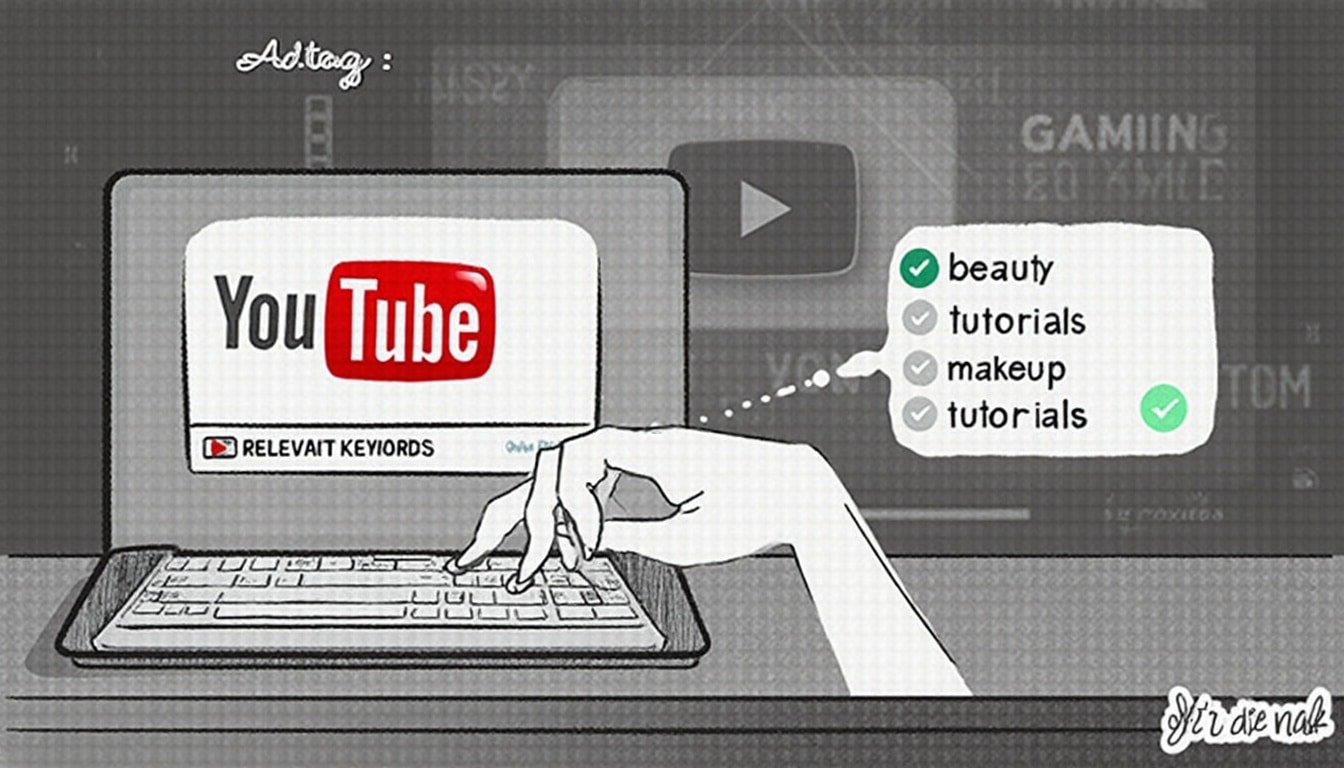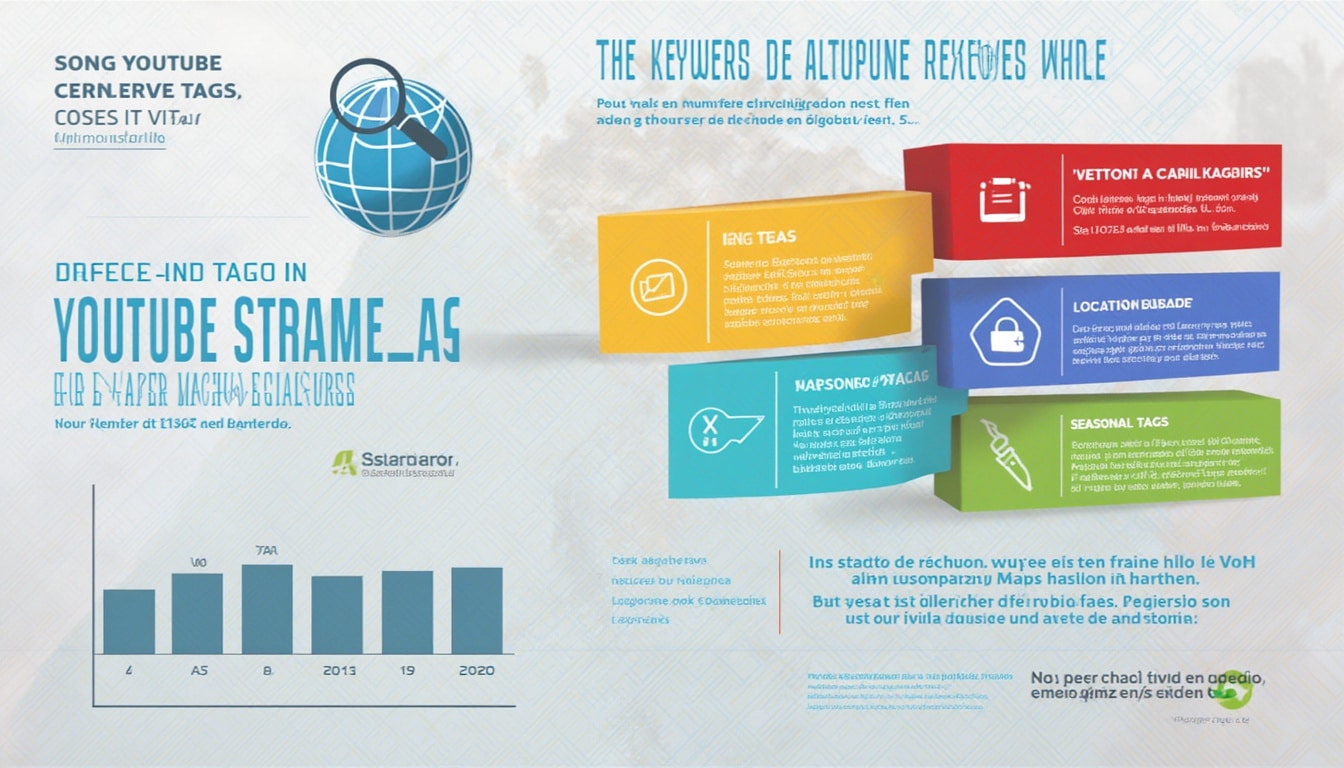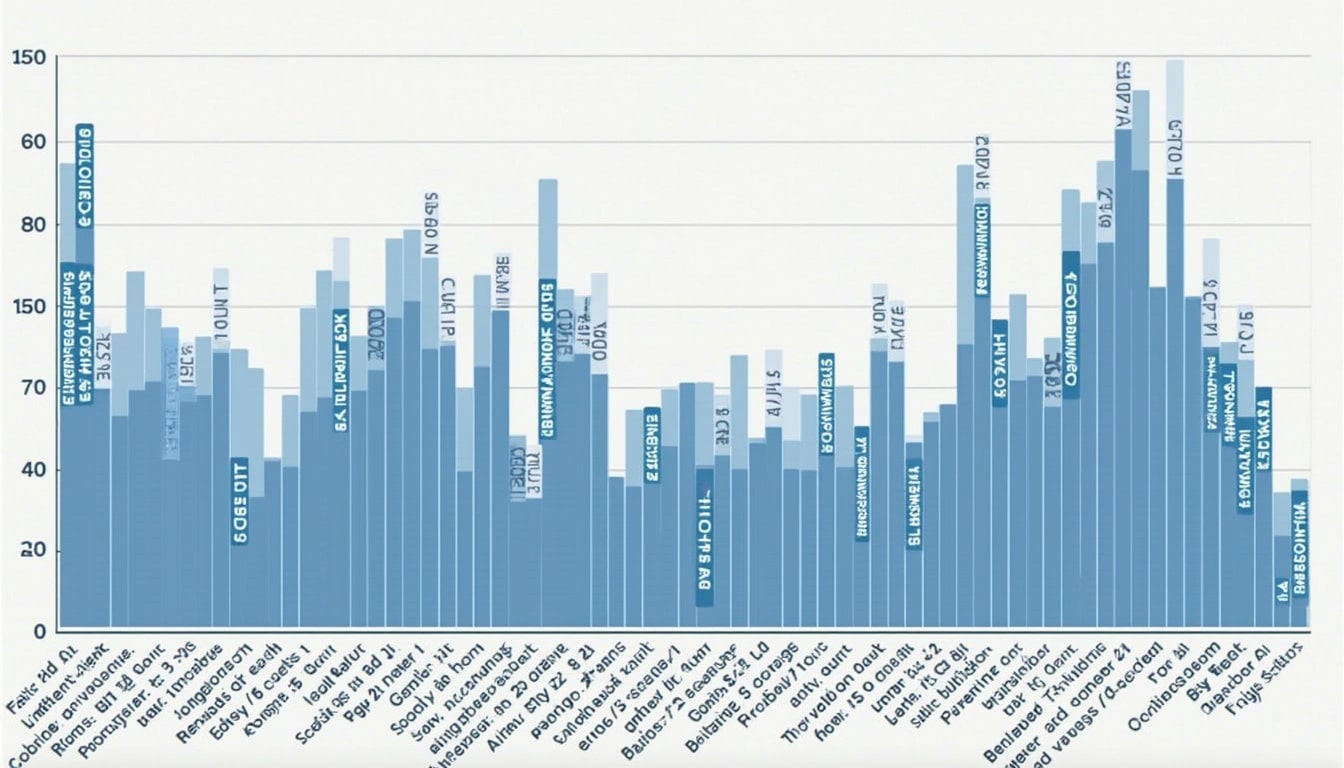Understanding the importance of YouTube tags can significantly impact your channel’s performance. Tags help YouTube’s algorithm categorize and recommend your content, ensuring it reaches the right audience. Hence, regularly updating your tags is a crucial strategy to enhance your video’s discoverability.
Many creators question how often they should revise their tags. There’s no definitive answer, but several factors can guide you in determining an appropriate frequency for adjustments. Knowing when to refresh your tags can lead to increased visibility, expanded audience reach, and ultimately, better engagement.
Understanding YouTube Tags and Their Role
YouTube tags function as keywords that describe your video content. Think of them as key indicators that help the YouTube algorithm serve your videos to users searching for related content. A well-chosen set of tags can vastly improve how often your videos show up in search results and suggested videos, enriching user experience.
Tags boost the SEO of your videos, allowing them to climb the ranks of search results. They not only categorize content but also assist in matching your videos to relevant viewer searches. However, amidst evolving trends and preferences, static tags may become less effective over time.

The Importance of Regular Updates
Regularly updating tags can keep your content aligned with changing trends and audience interests. As your channel grows, content strategies evolve, and so does the way audiences search for videos. Google Trends can be a valuable tool to monitor trending keywords surrounding your niche. If you notice shifts in search patterns, be ready to adjust your tags accordingly. This conscious adaptation will help keep your videos relevant and visible.
When to Revisit Your Tags
Timing plays a critical role in updating your YouTube tags. Key moments to consider include:
- After a Significant Content Shift: If you change your content style or target audience, revisit your tags to mirror this transformation.
- Following Analytics Review: Regularly check your YouTube analytics for insights on performance. If videos consistently underperform, modifying tags might help enhance visibility.
- Seasonal Trends: If your content area has seasonal peaks, refresh your tags when approaching those periods.

Best Practices for Updating Tags
Here are some best practices you can adopt for maintaining effective YouTube tags:
- Use Keywords Wisely: Start your tagging process with the most relevant keywords, ensuring they reflect the core topic of your video.
- Blend Broad and Specific Tags: While broad tags can attract a wider audience, specific tags cater to niche viewers, enhancing targeted reach.
- Avoid Tag Stuffing: While it might be tempting to add as many tags as possible, focus on quality over quantity. Selecting the most relevant 5-8 tags can generate better results.
Monitoring and Adjusting Your Strategy
Adaptability is key to utilizing tags effectively. Monitor metrics that matter—such as views, audience retention rates, and how different tags perform over time. Utilize tools like YouTube Analytics to dive deep into your tags’ performance. Analytics will help pinpoint which tags drive traffic and which might be hindering visibility.

Engaging with Your Audience
Engagement signifies a successful video and tags play a role in that interaction. Viewers expect relevant content, and consistent updates to your tags can help maintain their interest. Engaging with your audience through comments also provides insights into their viewing preferences and desires, which can inform tagging decisions for future videos.
